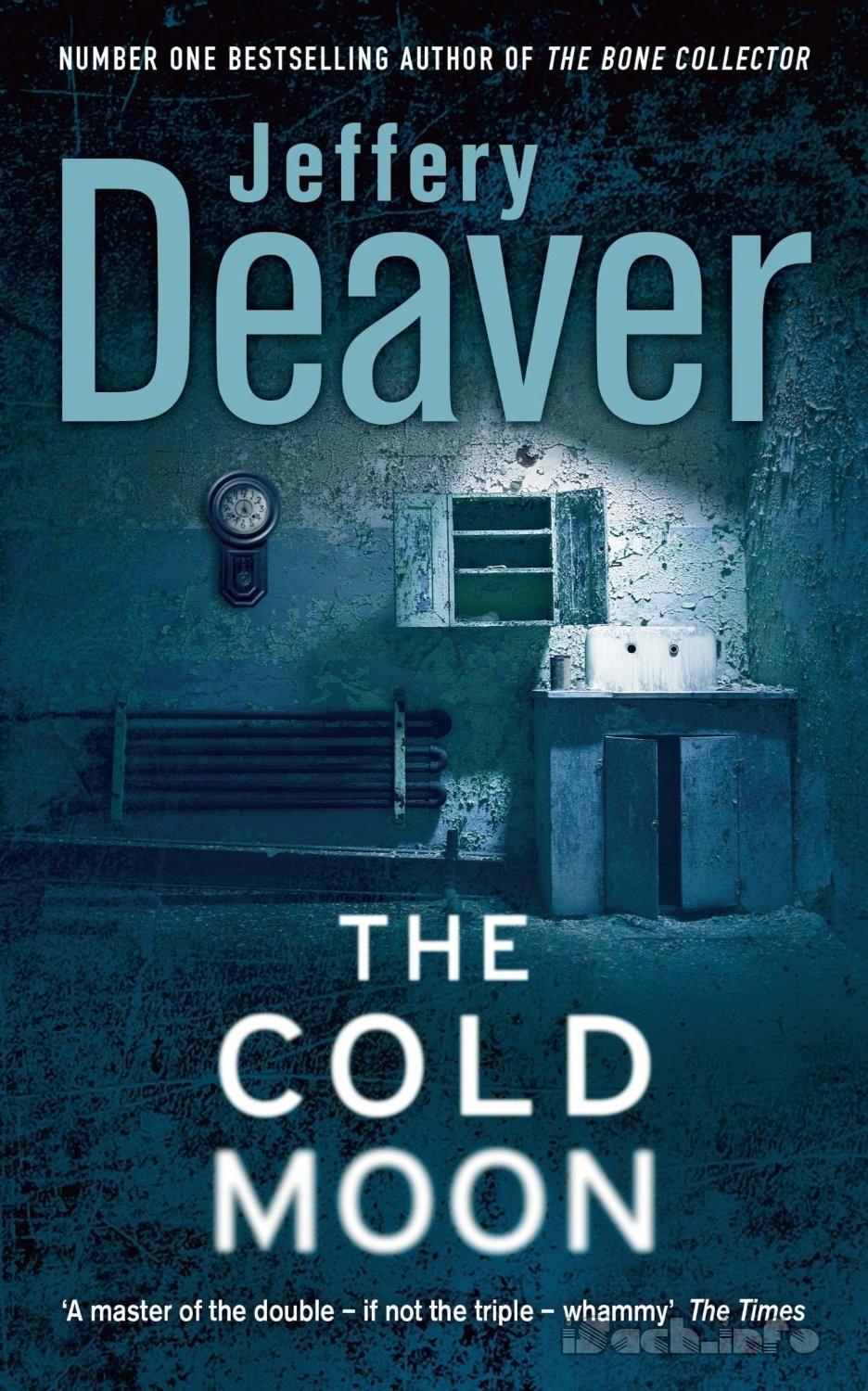Chapter 38
E
ntering the sixth-floor conference room with seventeen other soldiers from all branches of the armed services, United States Army Sergeant Lucy Richter gave a brief smile to her husband. A wink too to her family — her parents and her aunt — who were sitting across the room.The acknowledgment was perhaps a little abrupt, a little distant. But she was not here as Bob's wife or as a daughter or niece. She was here as a decorated soldier, in the company of her superior officers and her fellow men and women at arms.
The soldiers had assembled downstairs in the building, while their families and friends had come to the conference room. Waiting for their grand entrance, Lucy had chatted with a young man, an air force corps-man from Texas who'd come back to the States for medical treatment (one of those fucking rocket-propelled grenades had ricocheted off his chest pack before exploding several yards away). He was eager to get back home, he'd said.
"Home?" she'd asked. "I thought we were reenlisting."
He'd blinked. "I am. I mean my unit. That is home."
Standing uneasily in front of her chair, she glanced at the reporters. The way they looked around them, searching hungrily for story opportunities like snipers seeking targets, made her nervous. Then she put them out of her mind and gazed at the pictures that had been mounted for the ceremony. Patriotic images. She was moved by the sight of the American flag, the photo of the Trade Center towers, the military banners and emblems, the officers with their decorations and rows of breast bars, revealing how long and where they'd served.
And all the while the debate raged. Thinking back to what Kathryn Dance had said, she asked herself: And what's the truth for me?
Go back to the land of bitter fog?
Or stay here?
Yes, no?
The side doors opened and in walked two quick-eyed men — Secret Service — followed by a half dozen men and women in suits or uniforms with senior staff insignias and ribbons and medals covering their chests. Lucy recognized a few of the bigwigs from Washington and New York City, though she was more stirred by the presence of the brass from the Pentagon, since they'd come up through the world that she'd made a part of her life.
The wearisome debate continued within her.
Yes, no...
The truth... What's the truth?
When the officials were seated, a general from New Jersey made a few comments and introduced a poised, handsome man in a dark blue uniform. General Roger Poulin, chairman of the Joint Chiefs of Staff, rose and walked to the microphone.
Poulin nodded to his presenter and then to those in the room. In a deep voice he said, "Generals, distinguished officials from the Departments of Defense and State and the City of New York, fellow servicemen and -women and guests... I'm delighted to welcome you here today to this celebration honoring eighteen brave individuals, people who have risked their lives and displayed their willingness to make the ultimate sacrifice to preserve the freedom of our country and carry the cause of democracy throughout the globe."
Applause erupted and the guests rose to their feet.
The noise died down and General Poulin began his speech. Lucy Richter listened at first but her attention soon faded. She was looking at the civilians in the room — the family members and guests of the soldiers. People like her father and mother and husband and aunt, the spouses, the children, the parents and grandparents, the friends.
These people would leave after the ceremony, go to their jobs or their homes. They'd get back to the simple business of making their way in the world one day, one hour, one minute at a time.
Her military demeanor would not, of course, let her smile but Lucy Richter could feel her face relaxing and the tension in her shoulders vanish like the bitter fog carried away on a hot wind. The anger, the depression, the denial — everything that Kathryn Dance had told her to look for — suddenly were gone.
She closed her eyes momentarily and then turned her attention back to the man who was, after the president of the United States, her senior commander, understanding clearly now that, whatever else happened in her life, her decision had been made and she was content.
Charles Hale was in the men's room of a small coffee shop not far from the HUD building. In a filthy stall he extracted a trash bag from beneath his undershirt. He stripped off the military uniform and put on jeans, sweats, gloves and a jacket, which he'd just bought. He stuffed the uniform, coat and hat inside, keeping the gun. He took the battery and chip out of his phone and added them to the bag. Then, waiting until the restroom was empty, he stuffed it into the trash, left the coffee shop and walked outside.
On the street again, he bought a prepaid mobile phone with cash and wandered along the shadowy sidewalk until he was three blocks from HUD. From this vantage point he had a narrow view of the back of the building and the alley where the first "victim" of the Watchmaker had been found. He could just make out a sliver of the sixth-floor window of the conference room where the ceremonies were going on.
The jacket was thin and he supposed he should be cold, but in the excitement of the moment he felt no discomfort. He looked at his digital wristwatch, which was synchronized to the timers in the bomb detonators.
The time was 12:14:19. The ceremony had been under way since noon. With bombs, he'd learned in his exhaustive research, you always gave people the chance to settle in, for stragglers to arrive, for guards to grow lax.
12:14:29.
One nice aspect of these particular bombs, he reflected, something fortuitous, was that Joanne the florist had filled the vases with hundreds of tiny glass marbles. Anybody not killed or badly injured by the explosives themselves would be riddled with these pellets of glass.
12:14:44.
Hale found himself leaning forward, his weight on the balls of his feet. There was always the possibility that something would go wrong — that security would make a last-minute sweep for explosives or that somebody had seen him on the video camera entering the building then leaving suspiciously after a short period of time.
12:14:52.
Still, the risk of failure made the victory against boredom that much sweeter. His eyes were riveted on the alleyway behind the HUD building.
12:14:55.
12:14:56.
12:14:57.
12:14:58.
12:14:59.
12:15:00 —
Silently a huge fist of flame and debris shot out of the conference room window. A half second later came the stunning sound of the explosion itself.
Voices around him. "Oh, my God. What —?"
Screams.
"Look, there! What's that?"
"God, no!"
"Call nine-one-one! Somebody..."
Pedestrians were clustering on the sidewalk, staring.
"A bomb? An airplane?"
Concern on his face, Hale shook his head, lingering for a moment to savor the success. The explosion seemed bigger than he'd anticipated; the fatalities would be greater than Charlotte and Bud had hoped. It was hard to see how anybody could have survived.
He turned slowly and continued up the street, where he descended once more into the subway station and took the next train uptown. He emerged at the station and headed toward the Allertons' hotel, where he'd pick up the rest of his payment.
Charles Hale was satisfied. He'd staved off boredom and had earned some good money.
Most important, though, was the breathtaking elegance of what he'd done. He'd created a plan that had worked perfectly — like clockwork, he thought, enjoying the self-conscious simile.



 ePub
ePub A4
A4